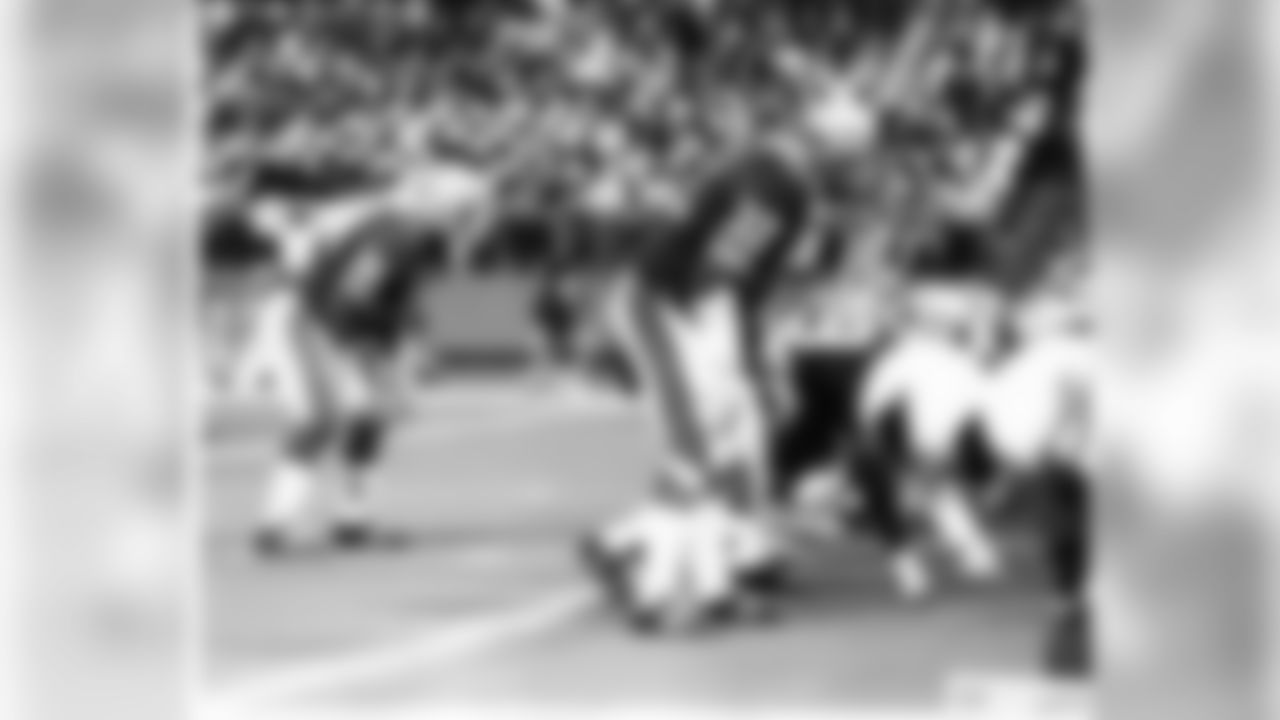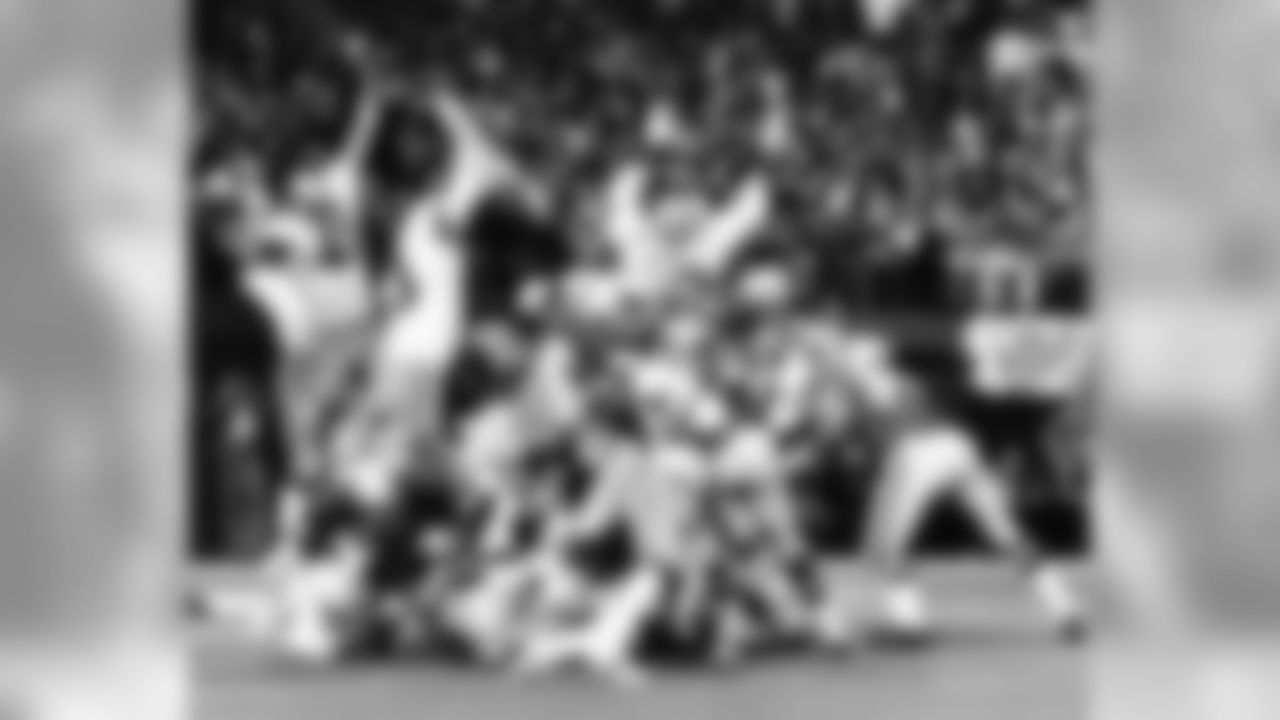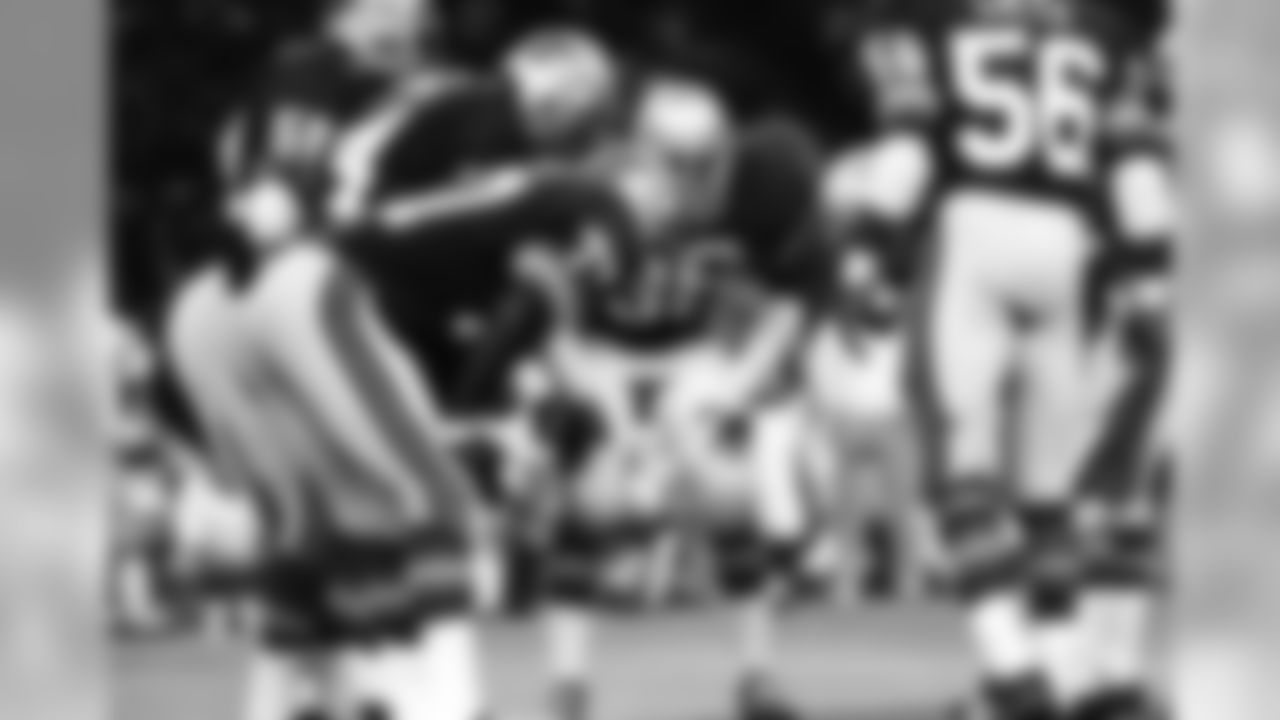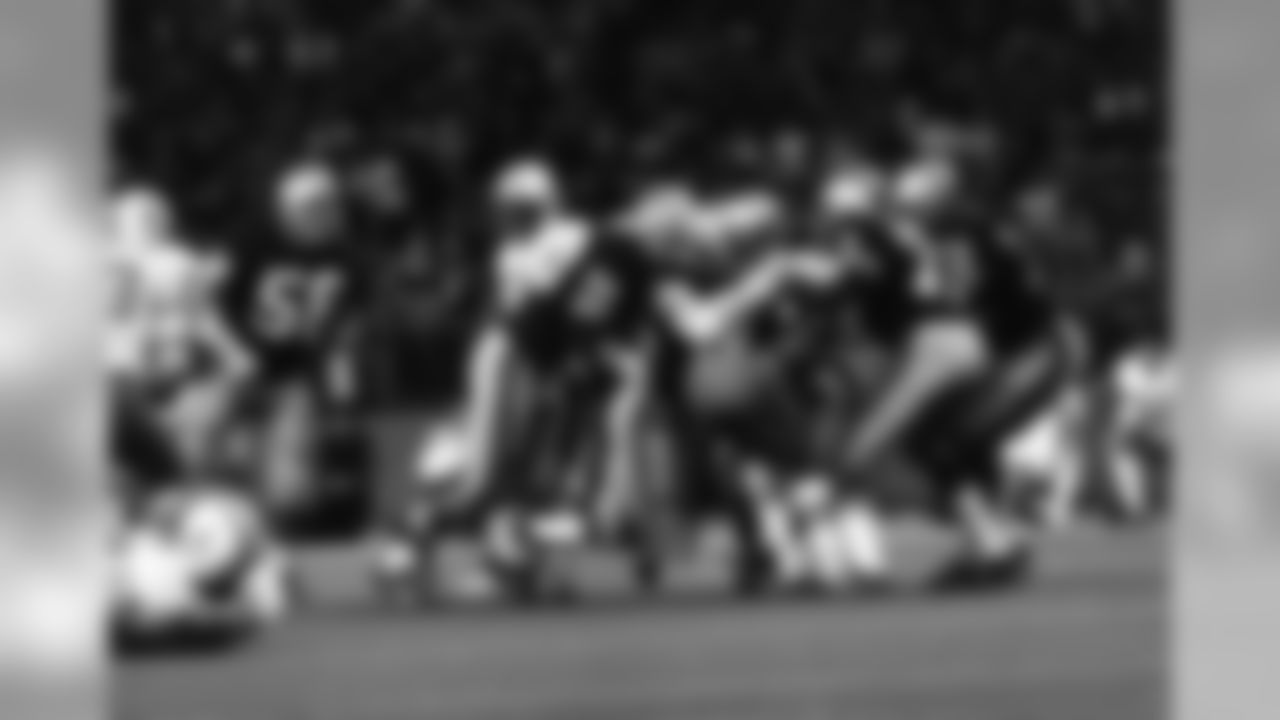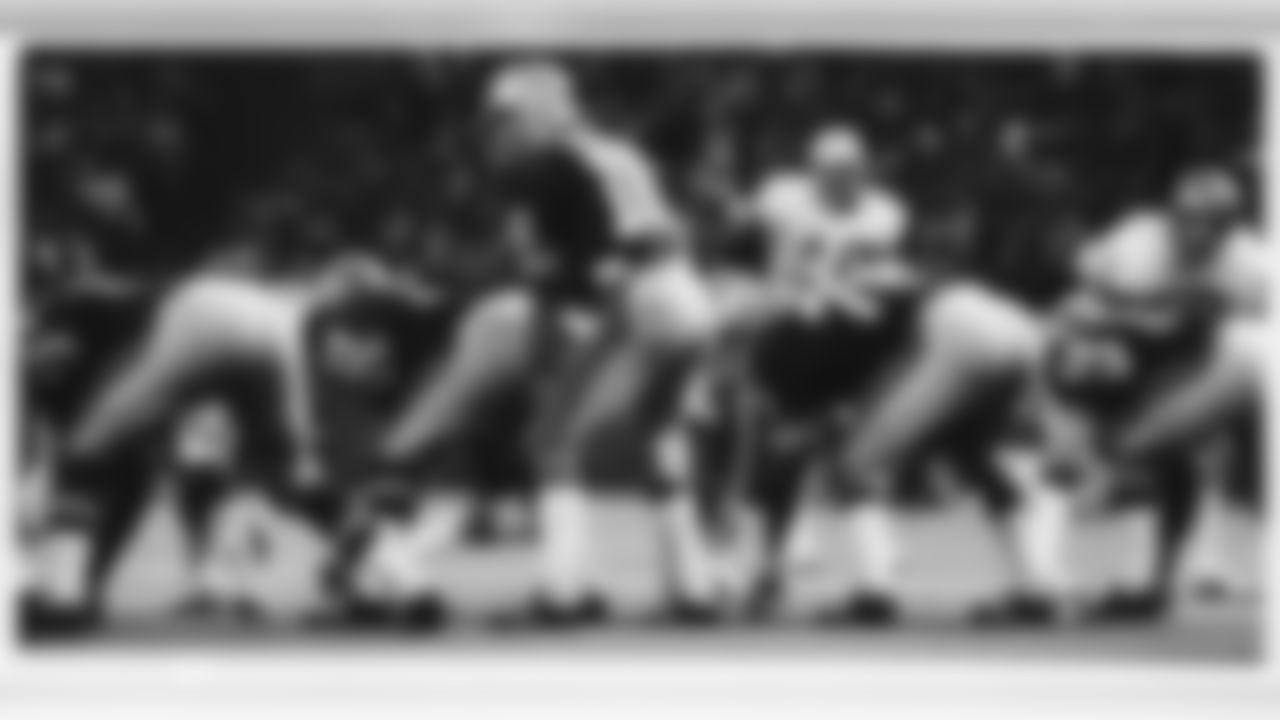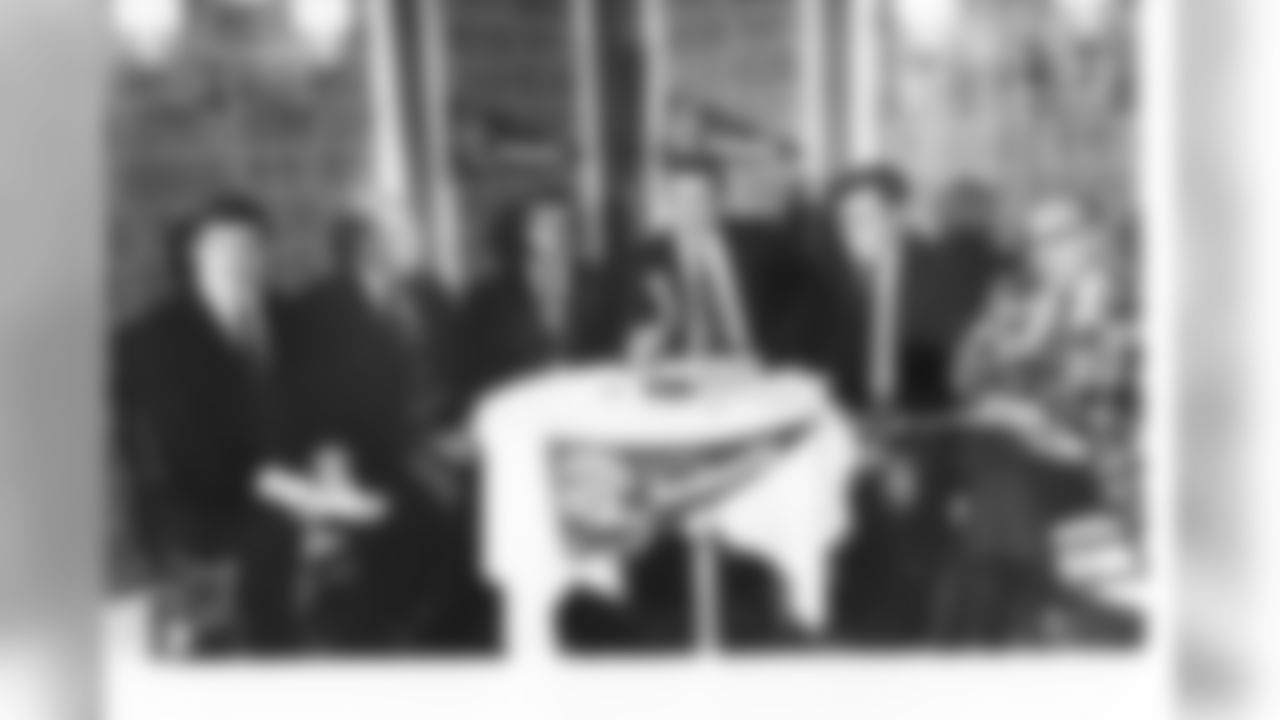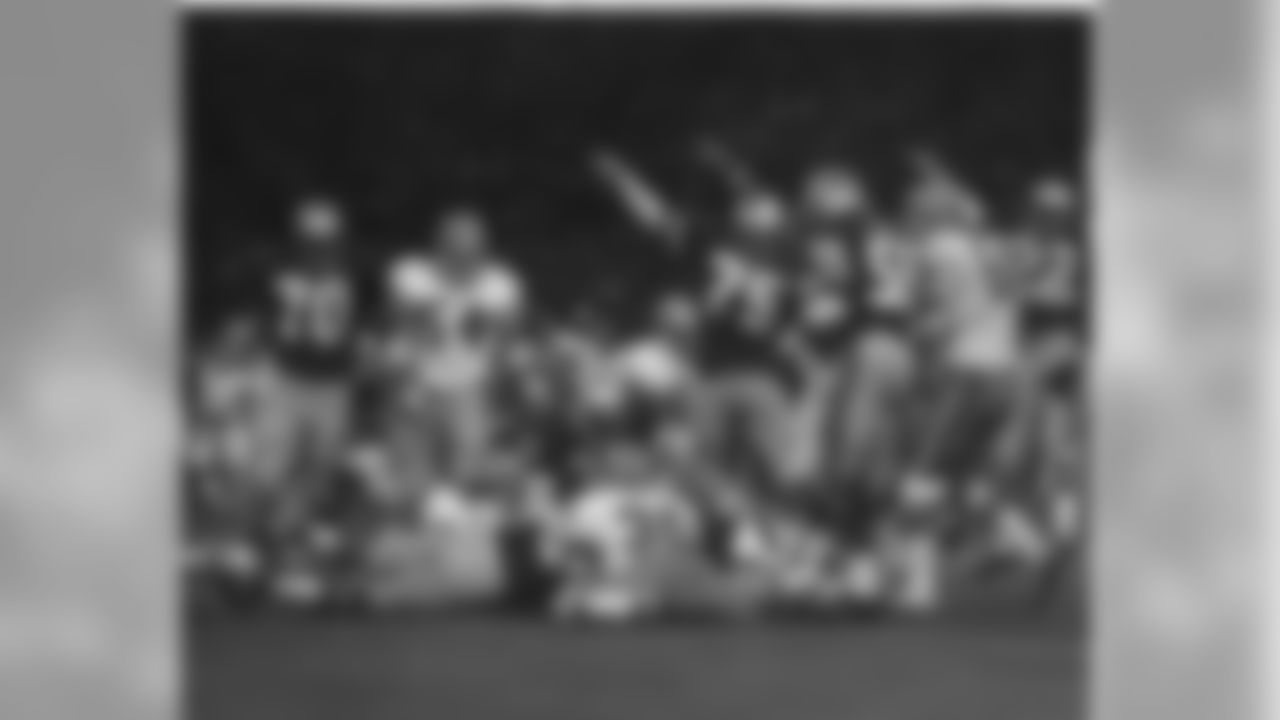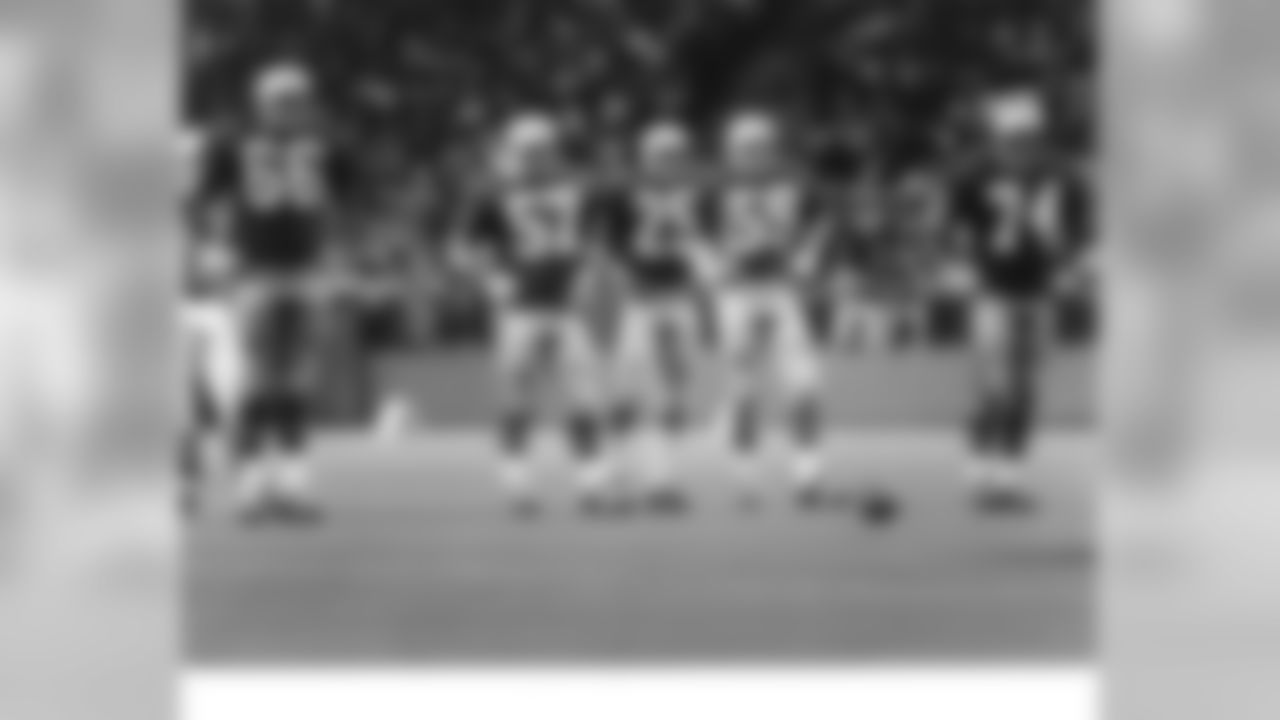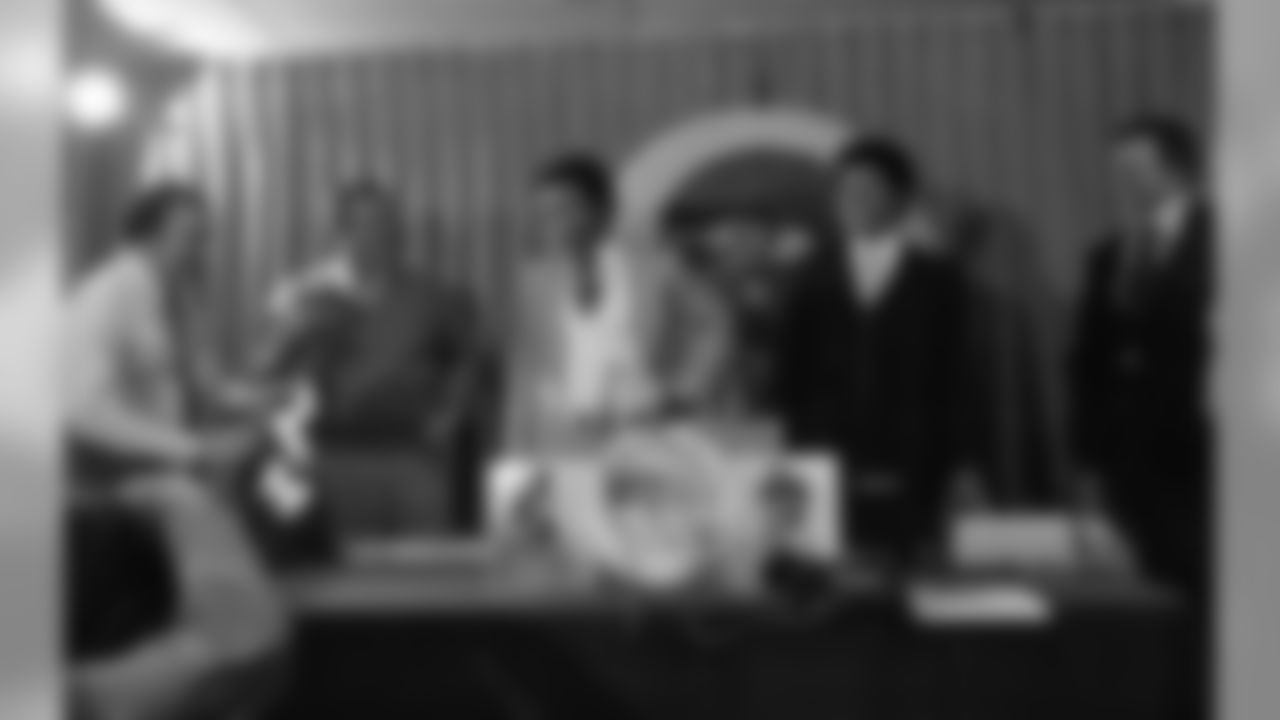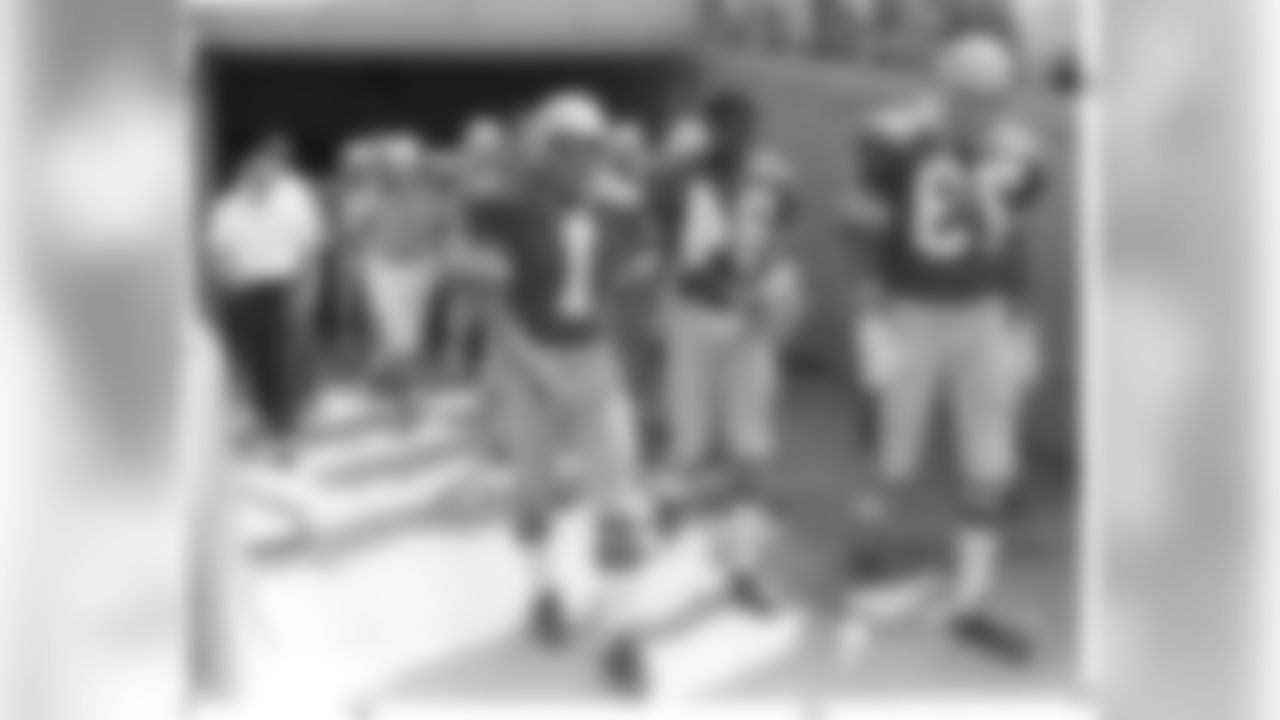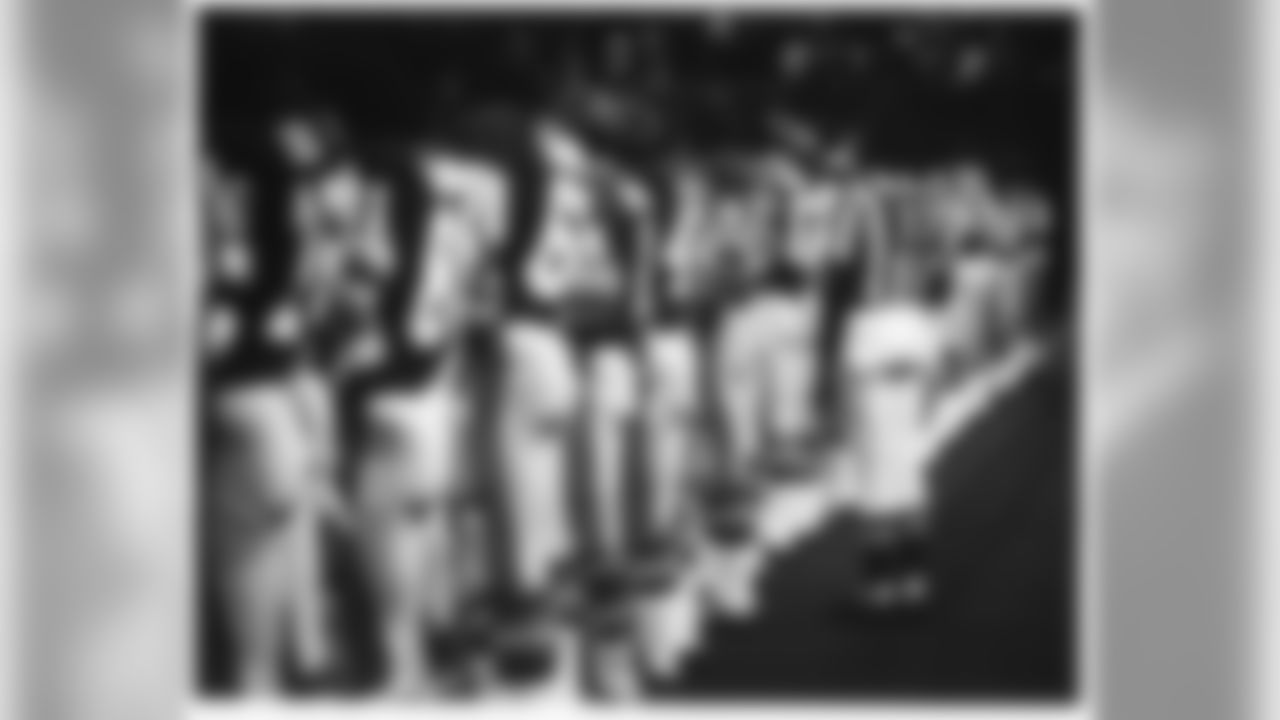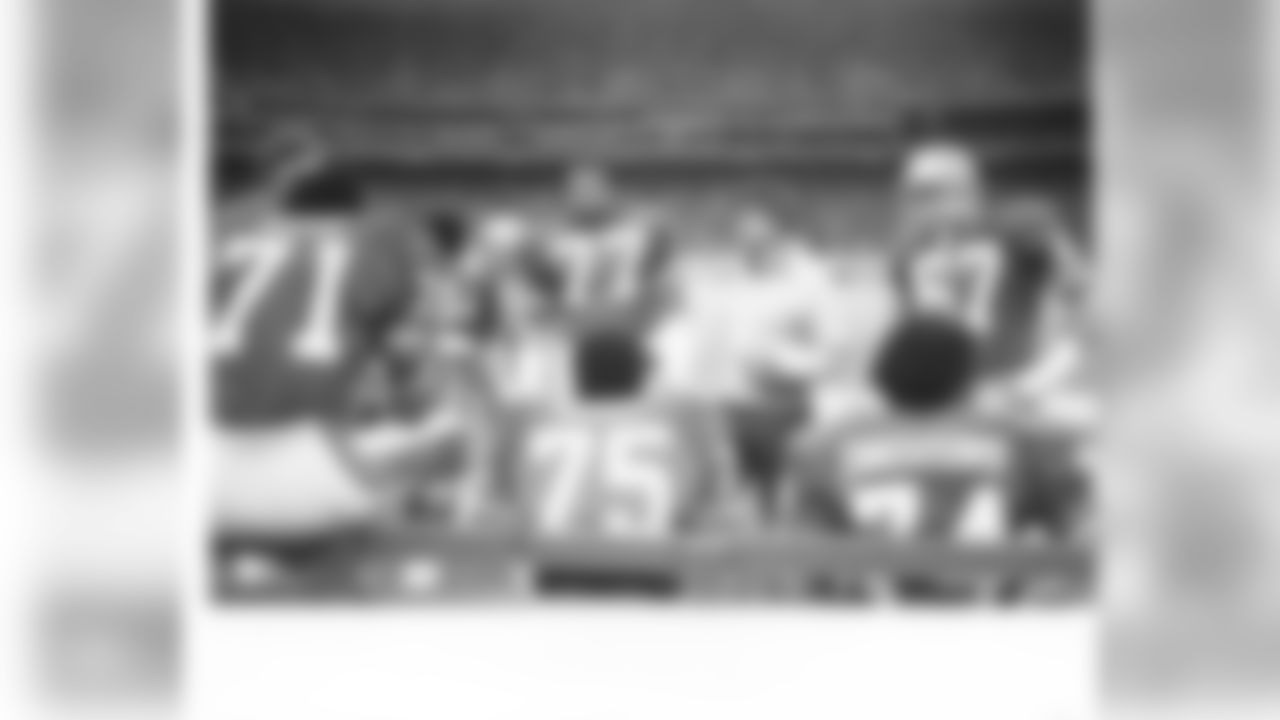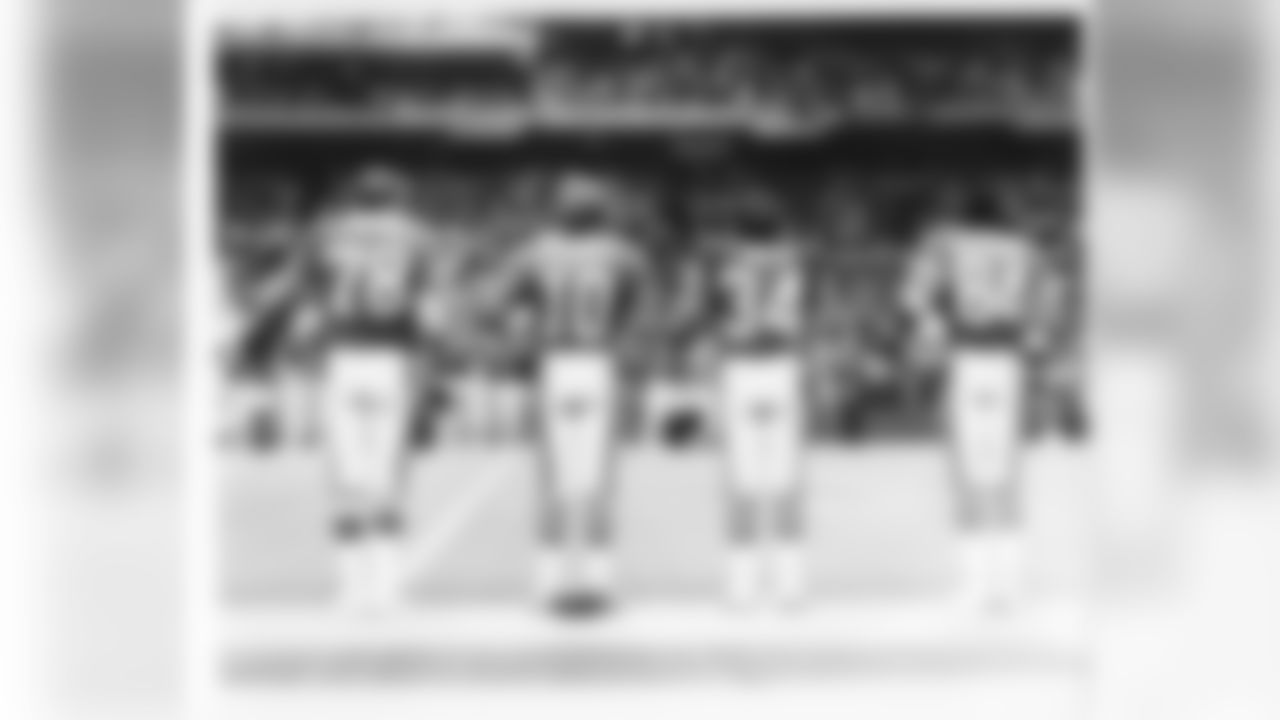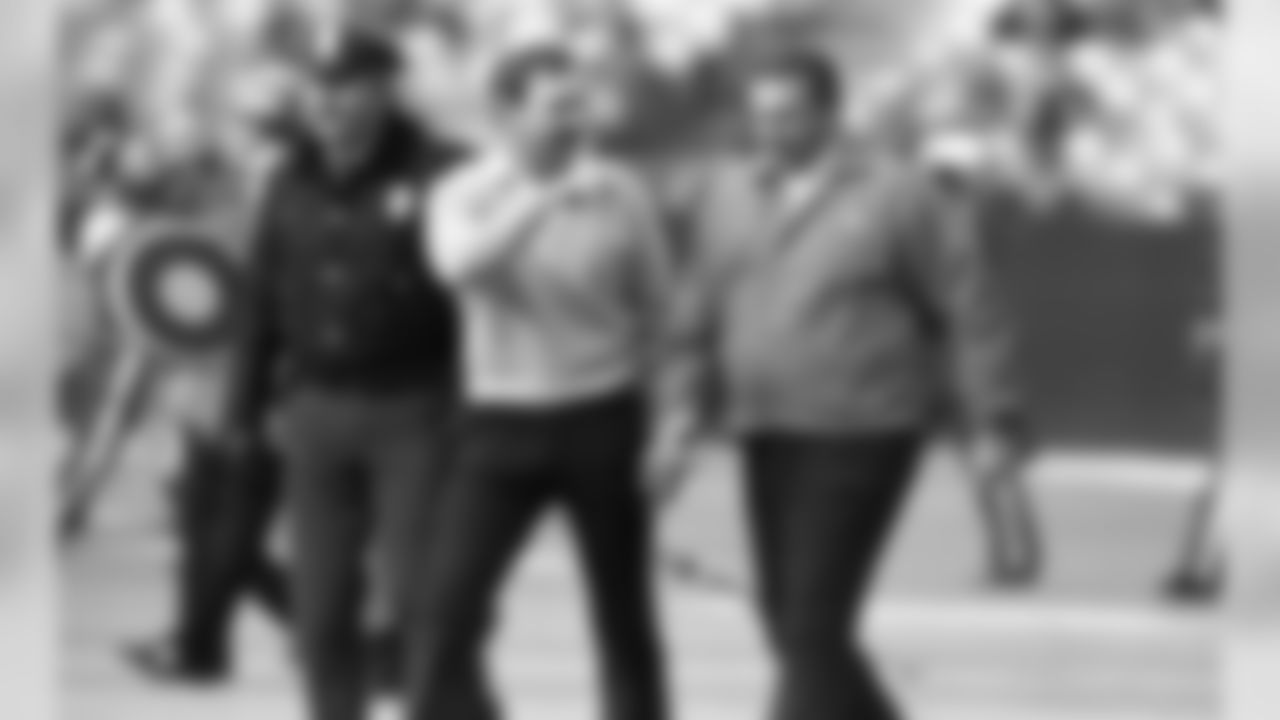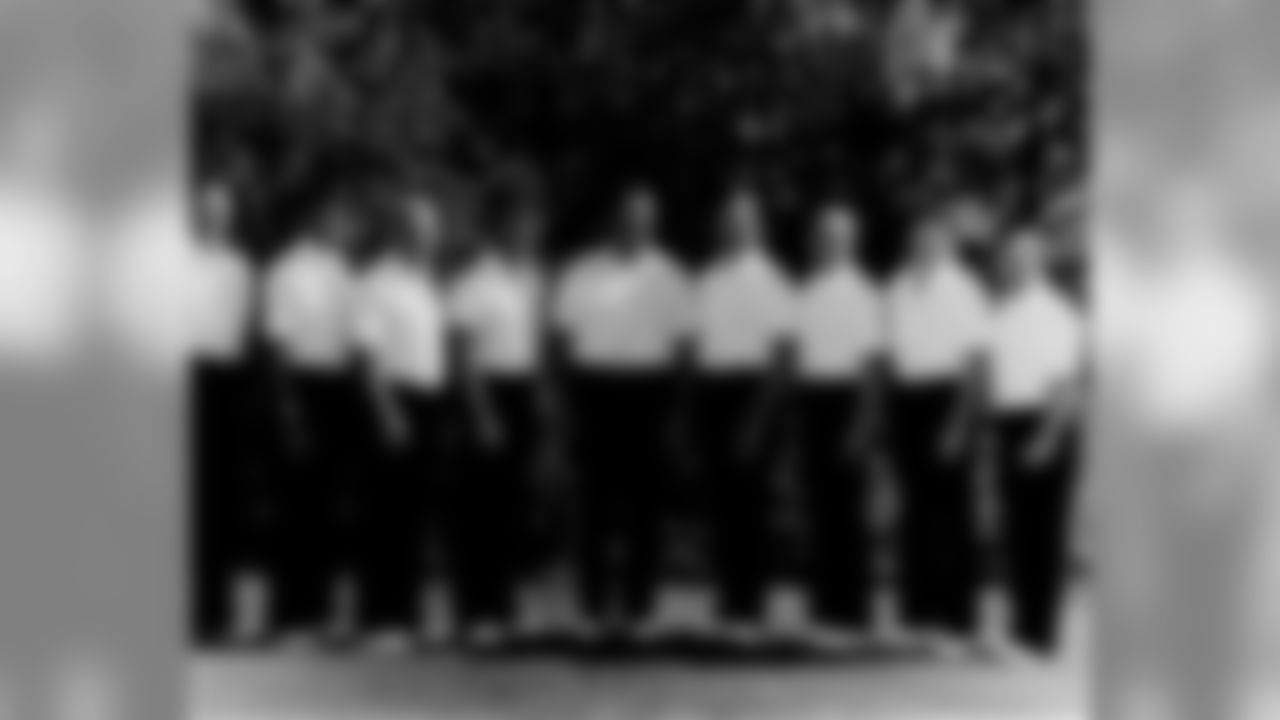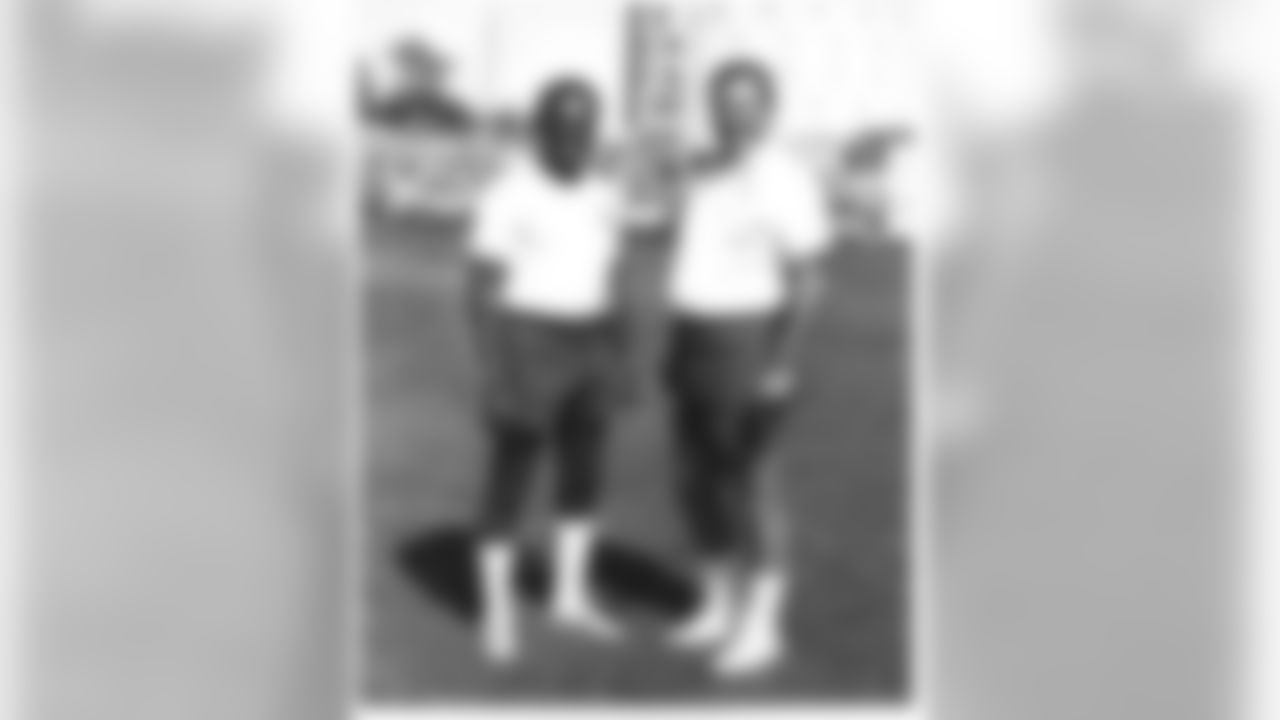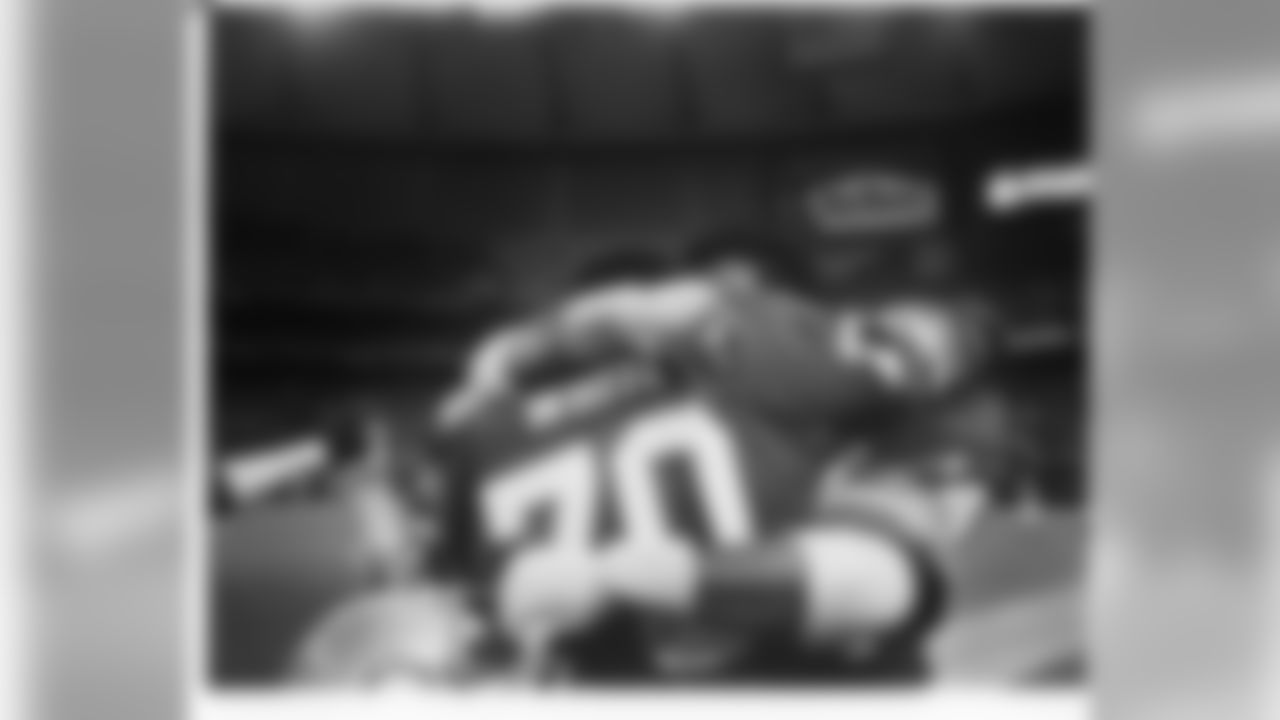Jack Patera was the first head coach in Seahawks history, making him an important figure in Seattle sports history, but Howard Mudd will remember the laughs and fatherly advice more than anything that took place on a football field or in a locker room. Despite a sometimes gruff exterior, those who knew Patera best remember his big heart and sense of humor as much as any discipline or harsh words he ever doled out to players or assistant coaches.
Patera, the first head coach in Seahawks history and the man who led the team to its first winning seasons, passed away Wednesday at the age of 85 following a battle with pancreatic cancer, surrounded by family at his home in Cle Elum.
"He was a great coach, he was a great dude," Seahawks coach Pete Carroll said. "I know the guys who played for him really loved playing for him. They think the world of him. We meet them on the days they come in—the alumni days—and he was really important to all those guys, important to a lot of people, so we'll miss him."
"A wonderful guy," is how Mudd described Patera. Mudd worked under Patera from 1978-82, and the two maintained a close friendship up until Patera's death. Mudd has fond memories of Patera on the field, but some of the first stories that came to mind when talking about his old friend were the laughs they shared during a visit over the summer, noting Patera's humorous, upbeat spirit despite the loss of roughly 100 pounds because of his fight with cancer. Then there was the time when Mudd needed advice on an issue involving his young son so many years ago, and Patera offered words of wisdom that Mudd still cherishes to this day.
"You wouldn't think of him as someone who would share his heart with another man, but he really did have such a big heart," Mudd said.
Of course, Patera wasn't always one to let his players see that big heart when he served as the Seahawks' first head coach.
"It was us against Patera," former receiver Steve Raible said in 2016 when the Seahawks were preparing to honor the "Patera Era" teams. "We learned a lot later in life that he was a damn good coach and a really good guy, he was just tough on his players. That was the nature of things in those days."
A former NFL linebacker, Patera served as an assistant coach for the Los Angeles Rams, New York Giants and Minnesota Vikings. With the Rams and Vikings, Patera oversaw two of the better-known D-lines in league history, L.A.'s Fearsome Foursome and Minnesota's Purple People Eaters.
Then in 1976, the expansion Seahawks hired Patera as their head coach, in part thanks to a strong endorsement from then NFL commissioner Pete Rozelle. As is almost always the case with expansion teams, the Seahawks struggled initially, but did find their footing under Patera, going 9-7 in 1978 and 1979. And as much as they didn't love it then, Patera's players now realize his no-nonsense approach was the right one for an expansion team trying to find its way.
"We sort of laughed when we first got there, because Jack Patera was really old-school," former Seahawks offensive lineman Steve August said. "We were probably the last team to have a strength and conditioning coach, we were probably the last team to allow water at practice. He was old-school, but he was a great coach. Jack was good for Seattle for those early years. It was fun to be a part of that inaugural Seahawks era."
Former offensive lineman Nick Bebout came to Seattle after beginning his career with Atlanta and described the process as "starting from scratch," noting that Patera helped legitimize the team in its early years.
"It was fun," Bebout said in 2016. "The first year, there were tense situations, it was a little hectic. Nobody really expected us to do much, and we didn't. It was a lot of hard work trying to build something from nothing. But we were the basis for what you have there today. I had some great times, some great memories in my four years in Seattle. It was super fun.
"We started to gain some respectability, people around the league started to take us a little more seriously. We laid some pretty good groundwork for the teams that followed, and the Seahawks have had some great years since then."
According to Mudd, Patera's consistency was key to the team's development in those early years.
"The words that come to mind are genuine and reliable," Mudd said. "That doesn't necessarily mean players liked everything he did or said, but you could always count on him saying exactly what he thinks, and you could rely on that. Those are really important things when you're a mentor or in a leadership position like that as a head coach. There wasn't any inconsistency to anything he said or did or his rules, it was the same way all the time. And although some rules were perceived by some people as harsh, he never administered them in a harsh way."
During halftime of Week 1 vs the Dolphins, the Seahawks and the 12s honored the Seahawks first ever coach, Jack Patera, as well as the players during his seven year stretch as head coach.



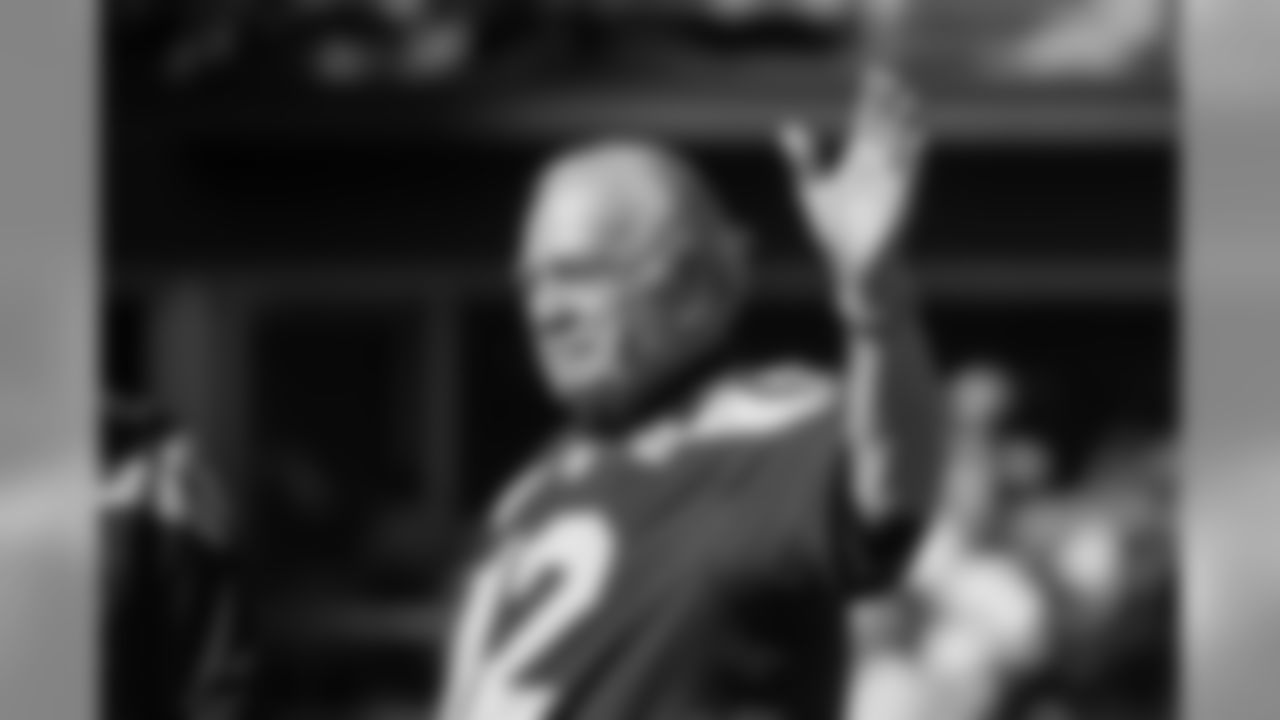

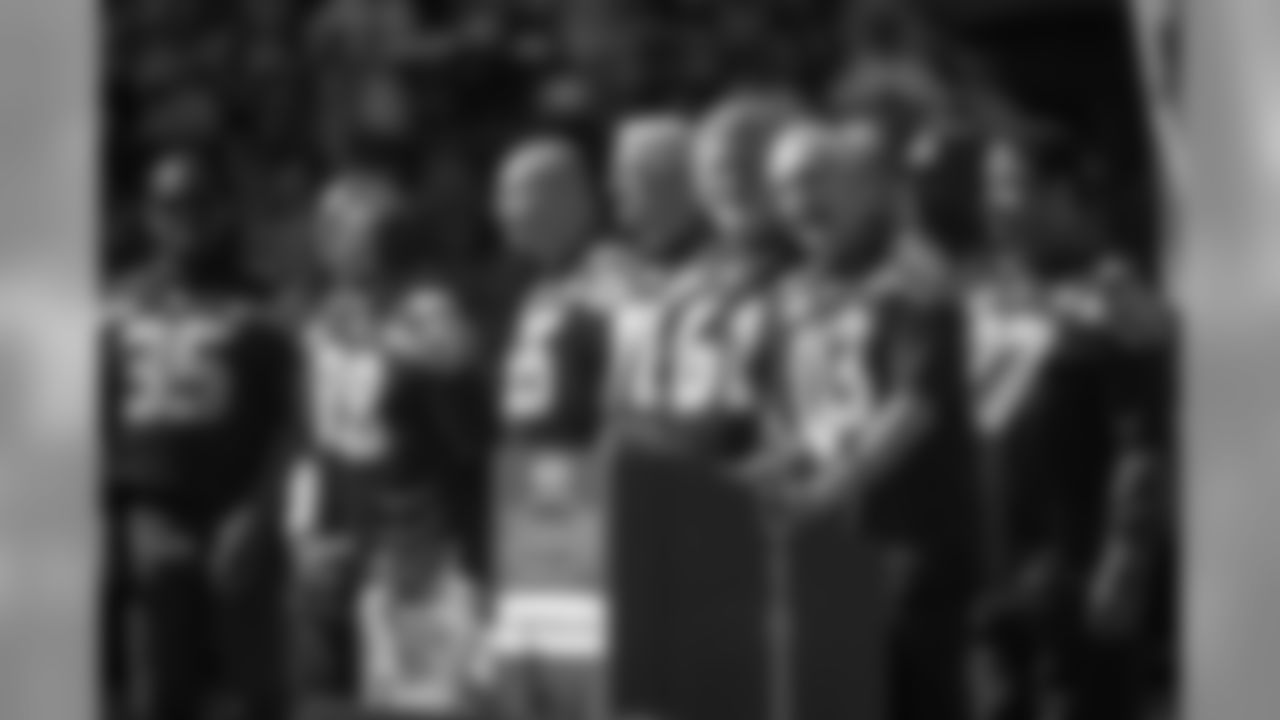

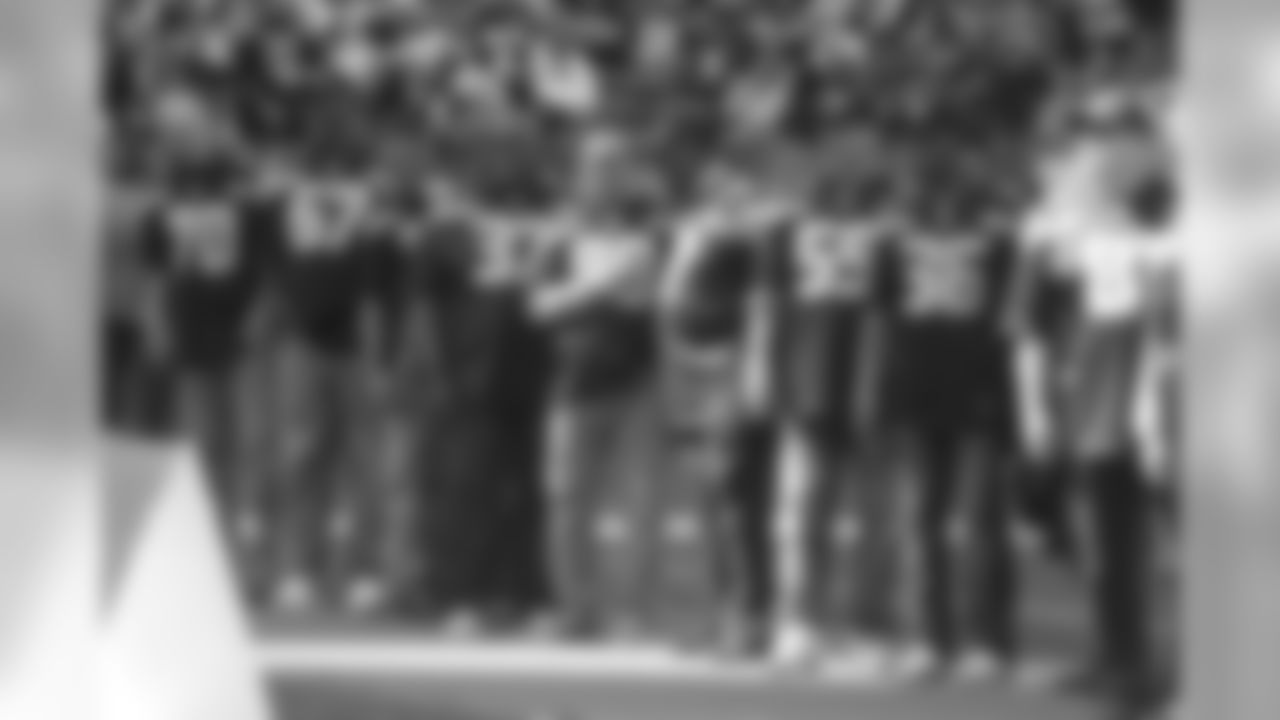

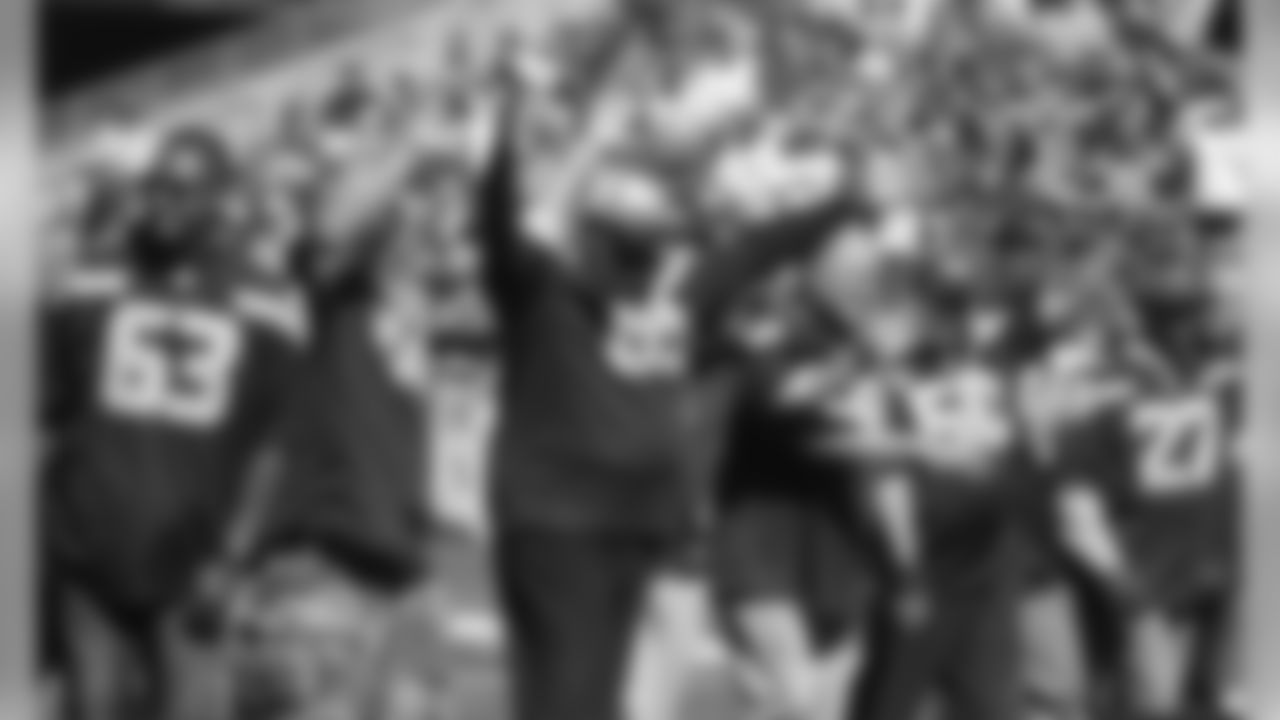








Patera didn't just give the team its first taste of success—he was named NFL Coach of the Year in 1978 by both the Associated Press and the Sporting News—he also helped the team bond with its fans, in part because of a willingness to take risks as a play-caller.
"There wasn't a lot of glory there early on, but I think we entertained," said former offensive guard Tom Lynch, who played four seasons under Patera. "We did everything we could to win, we won some games we probably shouldn't have. We certainly entertained on offense, defense and special teams. You look at the stuff Jack was willing to do. (Kicker Efren) Herrera throwing touchdowns, onside kicks, fake field goals, fake punts. We would do everything to keep teams guessing… The biggest thing is just the city that supported the team. The 12th Man means something there. It really is quite unique how much impact they have."
Patera and his coaching staff were let go in 1982, but not before he helped make his mark on a fledgling franchise.
"Jack was a great football coach, he was under that Bud Grant tree," former defensive end Jacob Green said. "We wore suits and ties to the game, he wanted us to look like gentlemen. He was really good, Jack was good. Even after football, he participated in my golf tournaments. We always had a good time. Always."
Added Hall of Fame receiver Steve Largent, "Jack was a guy who was kind of a hard guy, he had a plan, he had a way he thought you should run a team. He wanted a certain kind of player and he tried to get those players. His hands were tied by the way the league allowed teams to enter in the league. It was much harder then than it is now with free agency. But even with that, Jack was fairly successful for the way you had to build a team in those days.
"It really was (a fun time period for the team). We didn't have the kind of success we wanted to have, but we were more successful than anyone else had been in the same circumstances. We just had the type of guys on our team who were really quality people, who had a lot of character and who were players who knew how to win."
And the man at the center of it all was a coach who was both old-school disciplinarian and big-hearted father figure.
"He had this gruff exterior, but he was a teddy bear inside. I don't think he wanted people to know that," said Gary Wright, who served as the team's director of public relations under Patera. "He had a big heart and was obviously a very good football coach. His track record spoke for itself.
"He was definitely the right guy for that job, and he got us on a good path… To this day, his players love him. He had this gruff exterior, but the players really, really loved him."
Photos from the Seahawks' Jack Patera era, from the year 1976 through 1982.
